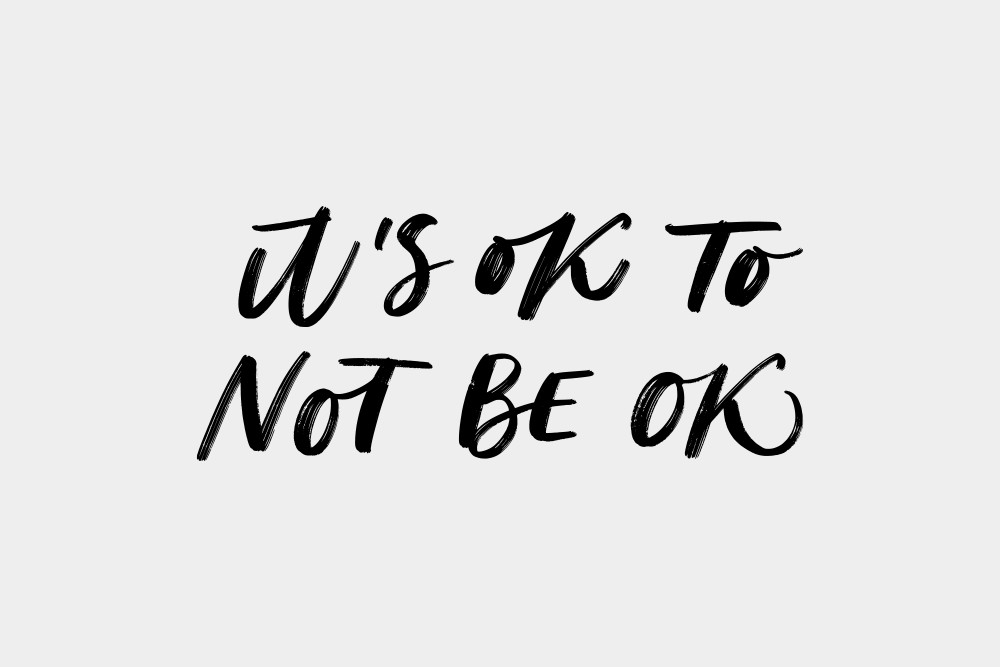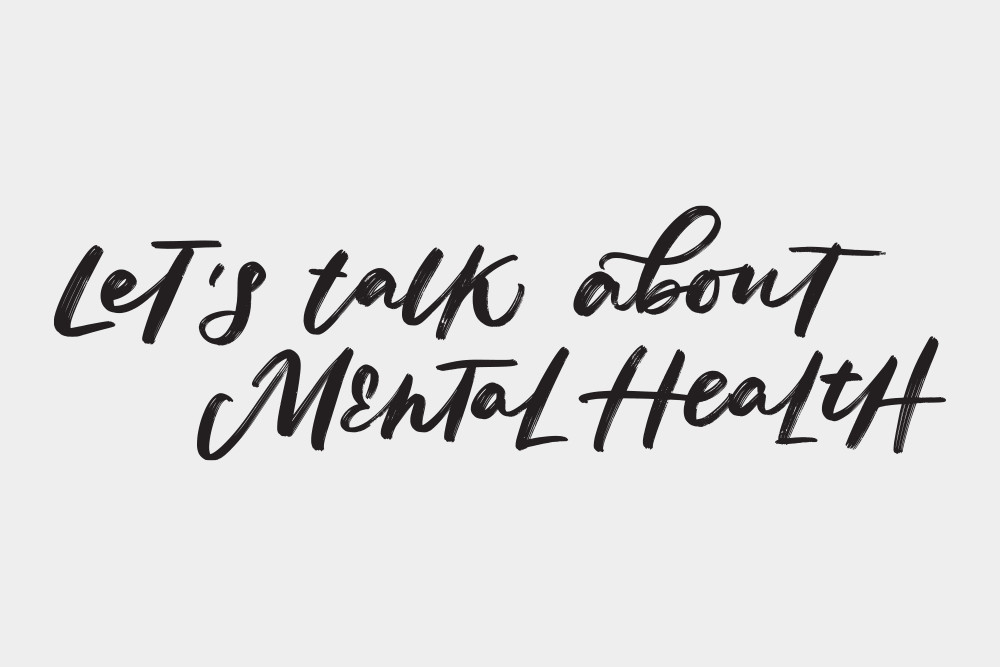
Work can actually protect your mental health. Approximately 60% of the global population is in work. Having a job to go to where we can thrive and gain job satisfaction provides us with a livelihood, but it also gives us:
- A sense of purpose
- A boost to our confidence
- The opportunity to form positive relationships
- A feeling of being part of a community
- A routine to follow
That all being said, some factors can negatively impact our mental health at work. In this article, we will explore the complex relationship between what we do and how we think and feel.
The Link Between Work and Mental Health
There’s a strong connection between mental health and work – but the end result can vary widely based on who you are and what you do.
The Good
For people with mental health conditions, the right workplace can aid recovery and offer a sense of inclusion. It can help build confidence and give meaning to people’s lives.
From an employer’s perspective, a healthy working environment with a positive safety culture attracts workers. It improves staff retention, minimises internal conflicts and tensions while boosting productivity and creativity. Sickness absence related to mental health disorders in particular, will see a reduction too.
The Bad
But, as many of us know, work can also impact our mental health negatively. If we work in adverse work environments, it won’t take long before we see a decline in our mental health. Factors like long hours, understaffing and general lack of support can weigh us down mentally.
Not feeling content or safe at work can lead to mental health problems such as depression and anxiety. It can also lead to substance abuse.
The average person spends 90,000 hours over their lifetime in work. That’s a third of our time on this planet. Not being happy during this time can lead to misery.
What’s Important
For many of us, we work to sustain our lives. Lives filled with numerous costs, including accommodation, healthcare, utilities and childcare. Because we know these costs are necessary and not going away any time soon, we must have fulfilling work lives. If we don’t, life and work can seem like a chore.
Mental health in the workplace is something that all employers must take seriously.
Employees with poor mental health are more likely to take time off work. Their productivity levels will decline and they may end up leaving. According to recent research, the average cost of replacing an employee who leaves a company can be between 33% to an eye-watering 200% of the employee’s annual salary.
Workplace Risk Factors for Mental Health
So, it’s clear that prioritising a positive workplace for mental health is a must, both for employees and employers. But, how do you make that happen?
Consider these risk factors that can lead to poor mental health at work:
- Lack of time and personal boundaries – being contactable and contacted 24/7
- Long hours with little flexibility
- Ever-increasing workloads
- Unreasonable deadlines
- Lack of handover when starting a new job or when someone leaves
- Working remotely with no check-ins from management or other colleagues
- Lack of training and direction
- Toxic work cultures – bullying, harassment and inequality
- Lack of effective communication
- Poor management
If you feel several of above are present in your workplace, it’s important to provide mental health support for staff and assess ways to change.
Signs and Symptoms to Look Out For
Everybody has bad days at work. When nothing seems to go right. Work just doesn’t get done. And concentration seems impossible. But when these days occur, more often than not, it’s not a serious issue.
However, not everyone who is struggling to cope with mental health issues gets help. They may not know how to ask and they may not realise they are even suffering. Likewise, their colleagues might not even realise they’re suffering.
This is why it’s vital for managers and employees to be aware of what poor mental health can look like. Both in themselves and others.
Signs they should be aware of include:
- Lack of motivation
- Reduced productivity
- Low energy
- Low or fluctuating mood
- Frequent mistake making
- Increased workplace accidents
- Trouble concentrating
- Inability to understand new work practices
- Withdrawing from work social events
Poor mental health at work can also manifest into physical symptoms that may include:
- Headaches
- Unexplained aches and pains
- Nausea
- Dizziness
- Heart palpitations
Bear in mind, poor mental health can appear vastly different from one person to the next. While someone may appear fine, they may, in fact, be suffering.
How Employers Can Help
Those in leadership roles are well positioned to help employees before, during and after a mental health issue arises. A few things can be done to improve mental health at work. The Health & Safety Executive suggest:
- A mental health at work plan promoting good mental health and signposting what support is available
- Mental health awareness campaigns
- Open conversations about mental health, starting from the recruitment process and regularly throughout employment
- Trained managers and supervisors in how to help team members and hold regular conversations
How to Talk to Your Employer About Mental Health
Having a mental health issue at work is nothing to be ashamed of. But many people suffer in the workplace in silence, for fear of being judged or not knowing how to ask for help.

Positive mental health is vital to ensure happy and productive workers. Workplaces where safe spaces have been created for employees, to talk about their mental health, shows the employer has recognised this.
So how do you bring up mental health with your employer?
Make an appointment with your line manager to speak about it. This may be done during a regular one-to-one session. Or, you can request to meet to discuss what you are going through. Why stay in the office to have this conversation? How about a walk and talk? After all, being outdoors and moving is great for our mental health.
Or why not approach a mental health first aider. Their role is to spot the signs and symptoms of mental health problems in co-workers and signpost you to services that can help you. Or, if you have a Wellbeing Lead in HR, ask them for some time to discuss things.
Remember, you must feel comfortable. If you don’t feel there’s anyone in your workplace to talk to, see if there’s an Employee Assistance Program at your workplace. Also known as EAP, this service offers free and confidential counselling.

How to Care for Your Own Mental Health at Work
You’re the best person to gauge how you’re feeling. This means that taking care of your mental health starts with your actions. You can build your own mental health toolbox packed with strategies to help you maintain a positive frame of mind and things you can do when you feel your mental health is declining. Here are some suggestions:
Take time off – If we have symptoms of COVID-19, we call in sick but we don’t do the same when struggling mentally or have a personal crisis outside of work. You shouldn’t abuse your sick leave, but mental health problems can lead to sick days too.
Pop the occasional day off into your work calendar to focus on yourself. Take time away from work to rejuvenate. And take your annual leave. Why accumulate days and days of annual leave only to be stressed out at the end of the year when you have to use them all or lose them.
Get out – Don’t stay indoors at home or in the office. Get out during your lunch breaks. Connect with your colleagues and make this a routine, not a one-off.
Enjoy the benefits – More and more employers have included mental health benefits in their employee packages, from meditation apps to counselling services. Make sure you take full advantage of these initiatives.
Find your purpose – Think about what you bring to your team. What skills do you have and what experience do you impart? How do you contribute to the company being able to function as it does? Take pride in the fact that you make an impact.
Switch off – At the end of the working day, try not to take work home. Plan to do something in your downtime, even if it’s simply getting a good night’s sleep.
Speak up – If you are struggling with anything, be it a project, stress, another colleague or a mental health issue, speak up. If your employer doesn’t know about it, they can’t help you. In many cases, simple practical solutions can lead to enormous benefits.
Increase Your Mental Health Knowledge
You can gain a lot by learning more about mental health, not just in the workplace but in your personal life too. Our Mental Health Awareness course covers all you need to get started. So, what are you waiting for?
About the author(s)






















































































































































































































































































































































































































































































































































